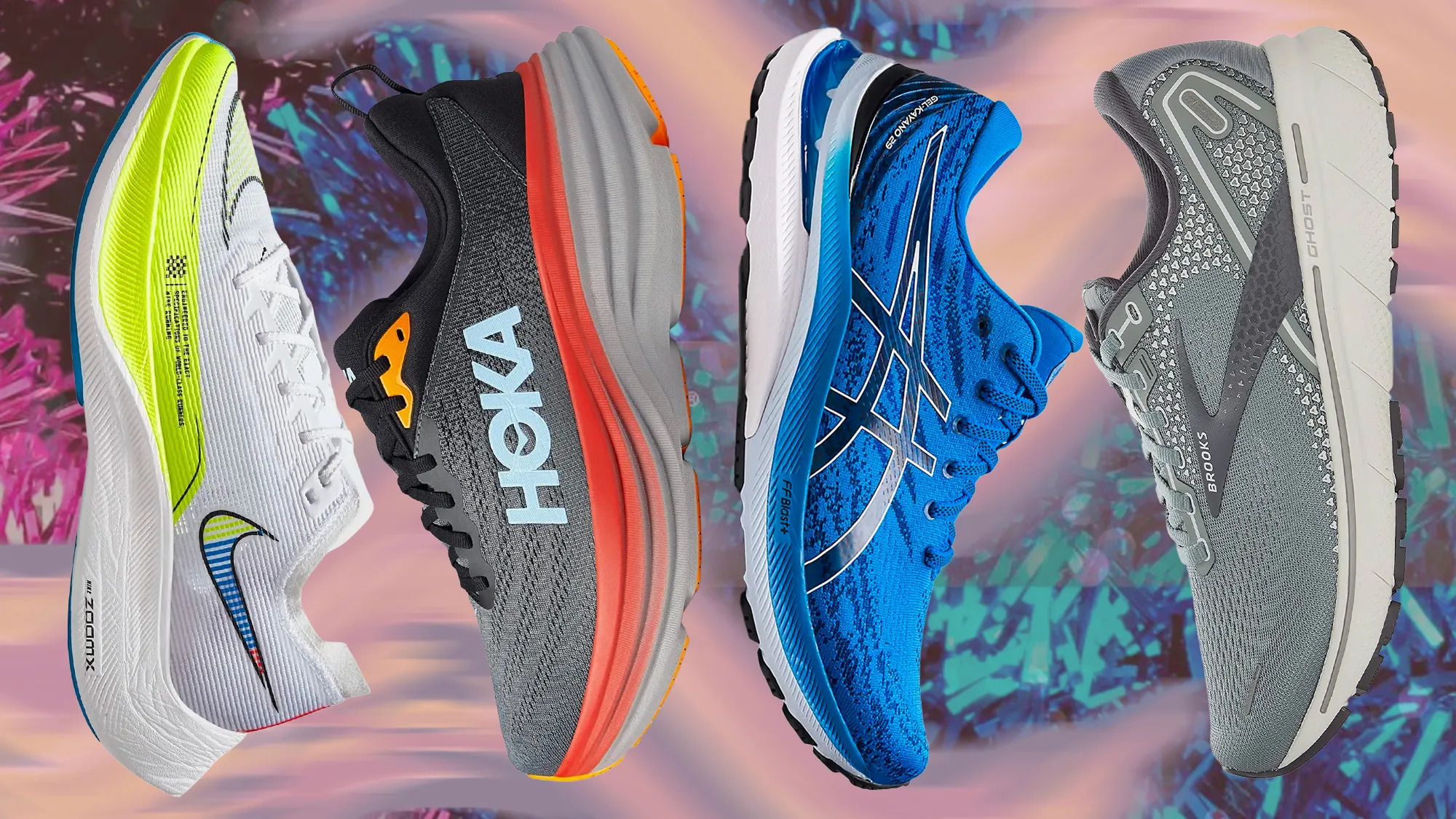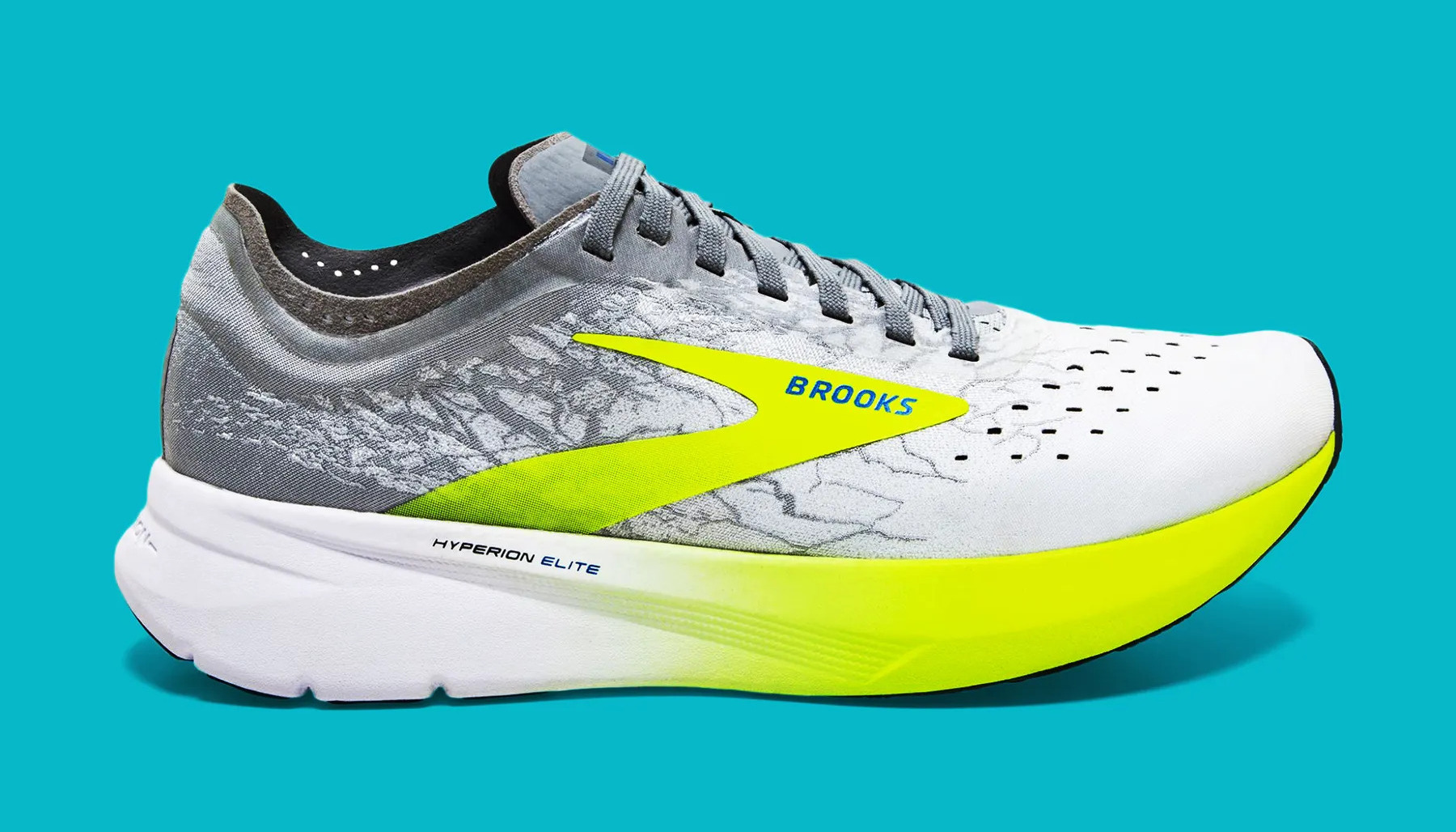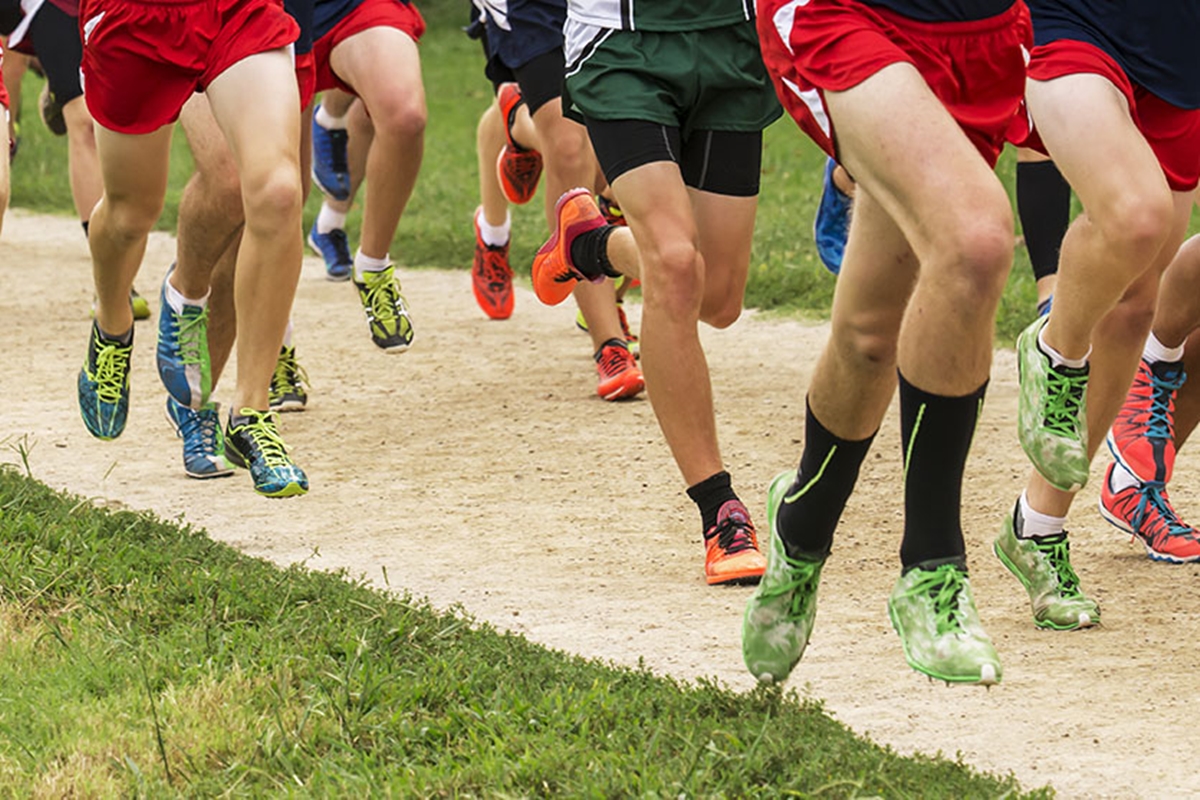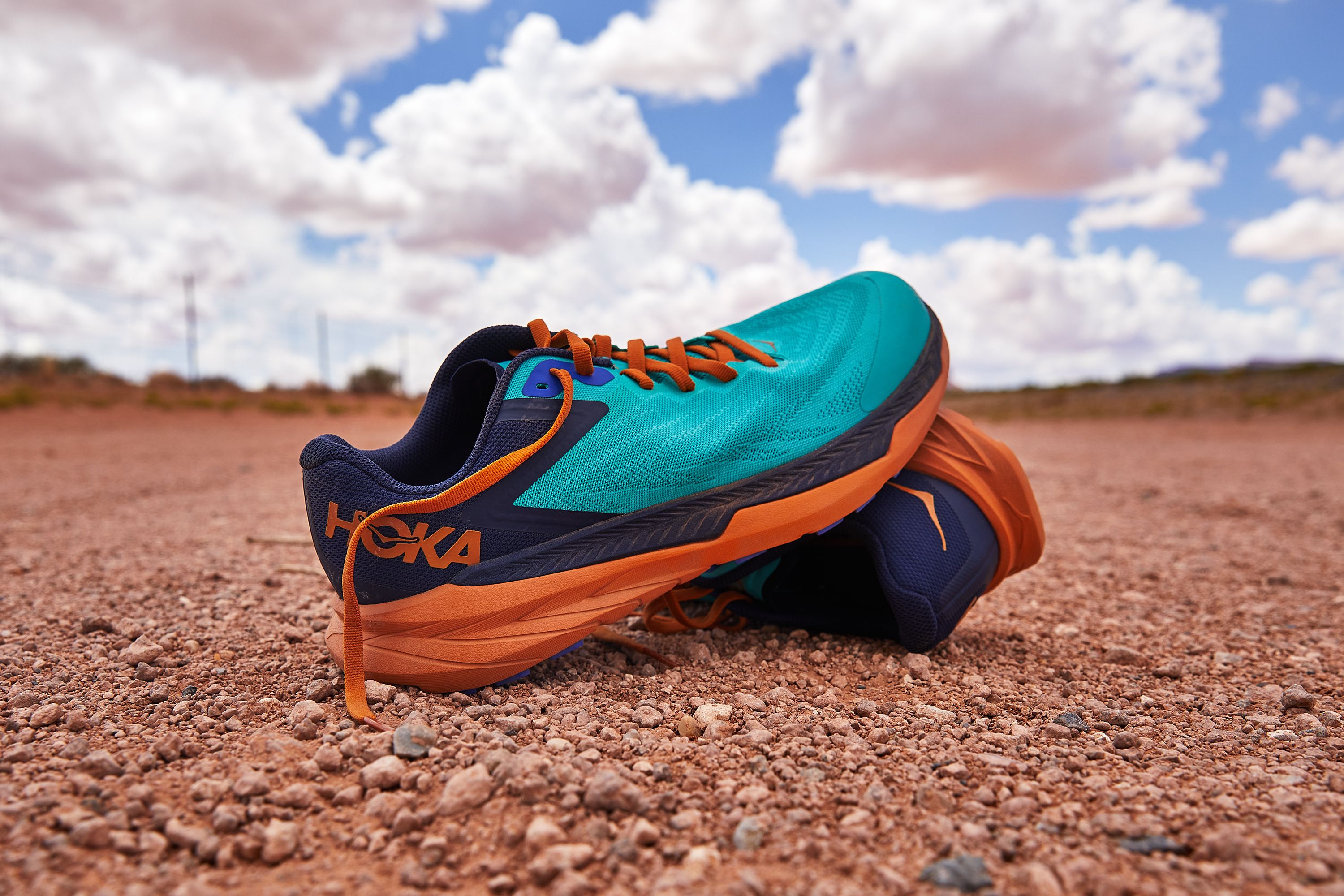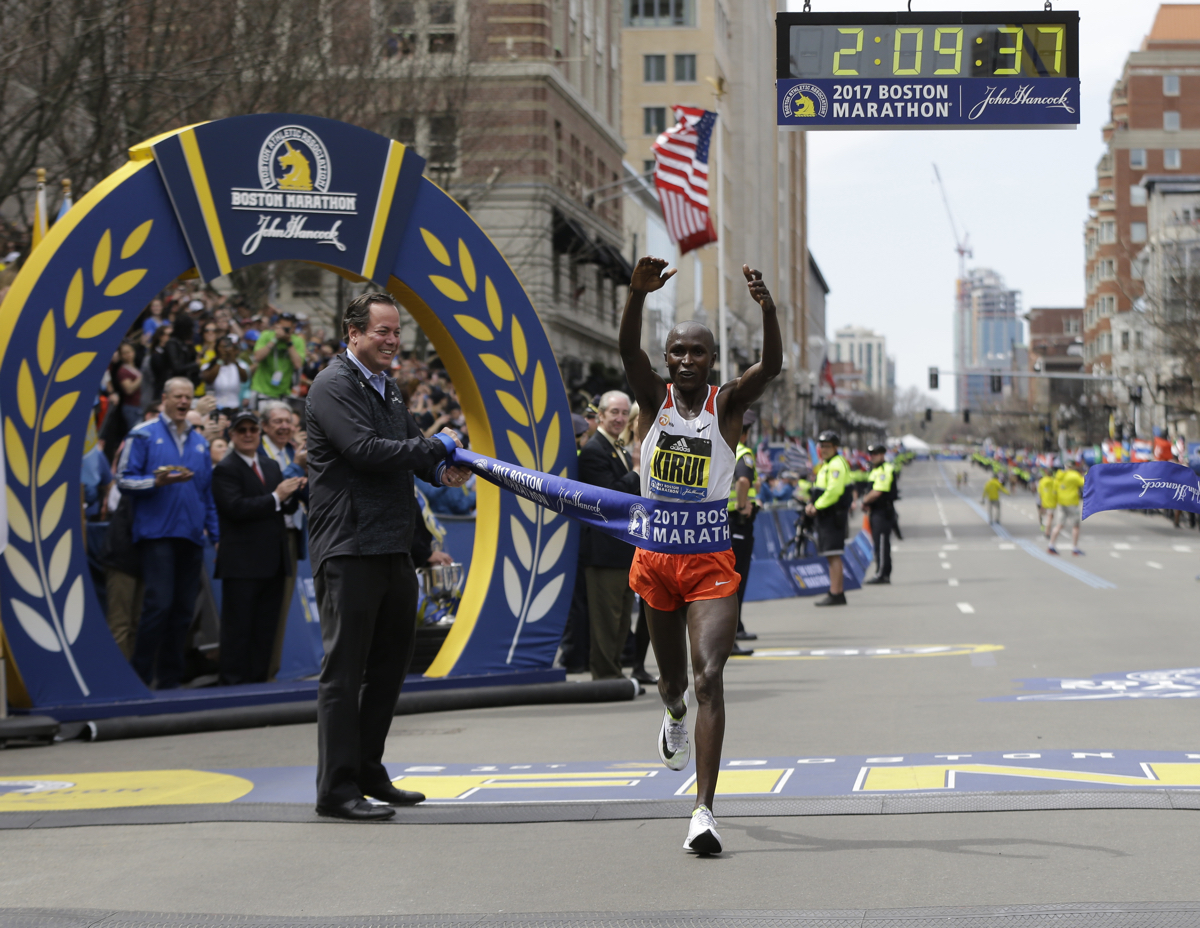Home>Running Locations>Places>All Terrain or Street Elite: Are Trail Running Shoes OK for Street?


Places
All Terrain or Street Elite: Are Trail Running Shoes OK for Street?
Modified: January 2, 2024
Whether you're an avid trail runner looking to transition to street running or simply curious about the compatibility of trail running shoes on different terrains, this guide provides valuable information to help you make an informed decision about using trail running shoes for street running.
Trail running shoes are renowned for their rugged design and robust build, specifically engineered to tackle rocky, uneven terrain. But, what if the rugged trails are not your only path? Can you don these trail running shoes on smoother urban landscapes without damaging them or your feet? In this article, we delve into the suitability of trail running shoes for street usage and how to make the best out of your running gear.
Understanding the Construction of a Running Shoe
To understand whether trail running shoes are suitable for street running, let’s first unpack the essential differences between trail and road running shoes.
Trail Running Shoes
Trail shoes are crafted to handle rough and uneven terrains. They typically feature:
- Aggressive Tread: For excellent grip and stability on slippery or uneven surfaces.
- Rock Plate: A hard piece of plastic in the sole that protects feet from sharp objects.
- Durable Upper: A tough, often water-resistant upper that withstands harsh conditions.
- Reinforced Toe Box: Protects your toes from getting hurt by rocks or roots.
Road Running Shoes
Road shoes are made for smoother, harder surfaces like asphalt or pavements. They generally include:
- Lightweight Design: For speed and efficiency.
- Flexible Sole: To promote natural foot movement.
- Cushioning: To absorb shock from the impact of running on hard surfaces.
- Breathable Upper: To keep feet cool and dry.
Trail Running Shoes on the Street: The Pros and Cons
Understanding the differences between trail and road running shoes can help you make an informed decision about using trail running shoes on the street.
Pros
- Durability: Trail running shoes are built to withstand rough terrain, making them more durable and likely to last longer than road shoes even on hard surfaces.
- Traction: The aggressive tread of trail running shoes can be beneficial on wet or slippery streets.
- Protection: The reinforced design of trail running shoes can protect your feet from street debris.
Cons
- Weight: Trail running shoes are typically heavier than road shoes, which could slow you down on streets.
- Lack of Cushioning: Trail running shoes may not provide the same level of shock absorption as road running shoes, potentially leading to discomfort or injuries over time.
- Wear and Tear: Using trail running shoes on pavement could wear down the aggressive tread more quickly, diminishing their effectiveness on trails.
Making the Choice: Factors to Consider
If you’re deciding whether to use trail running shoes for street running, consider these factors:
- Frequency of Use: If you primarily run on trails and only occasionally on streets, trail running shoes could serve the purpose.
- Running Conditions: If you run in a region prone to wet or slippery street conditions, the superior grip of trail shoes might be beneficial.
- Comfort: Everybody is unique, and comfort is subjective. If you find trail shoes comfortable on streets, that’s a valid reason to use them.
- Budget: If budget is a concern and you can’t afford separate pairs for trails and roads, then trail shoes might be the more durable, versatile option.
In Summary
The answer is yes, you can use trail running shoes on the street. However, it’s important to understand the potential drawbacks and wear and tear. They might not provide the optimal performance that a pair of road running shoes would deliver on the streets. But if you’re comfortable and your running habits and budget lean toward the more rugged trail shoes, then you’ve found your match.
FAQs
Can I use trail running shoes on a treadmill?
Yes, you can use trail running shoes on a treadmill. However, due to their heavier weight and aggressive tread, they may not be as comfortable or efficient as road running shoes.
Will running on the street ruin my trail running shoes?
Running on the street can wear down the tread of trail running shoes more quickly than running on trails. However, this doesn’t mean it will “ruin” the shoes instantly. The overall durability of trail shoes can handle street running; they’ll just degrade faster.
Can trail running shoes be used for hiking?
Absolutely. Trail running shoes are excellent for hiking. They provide the needed traction for rough terrains and offer adequate protection against sharp rocks and roots.
What is the major difference between trail running shoes and road running shoes?
The major differences lie in their design elements. Trail running shoes are typically heavier, more durable, and have a more aggressive tread for traction. In contrast, road running shoes are lighter, more flexible, and have more cushioning for shock absorption.
Are trail running shoes good for walking on the pavement?
Yes, trail running shoes can be comfortable for walking on pavement, especially if you value foot protection and traction. However, they might not offer the same level of cushioning and flexibility as shoes designed specifically for walking or road running.

